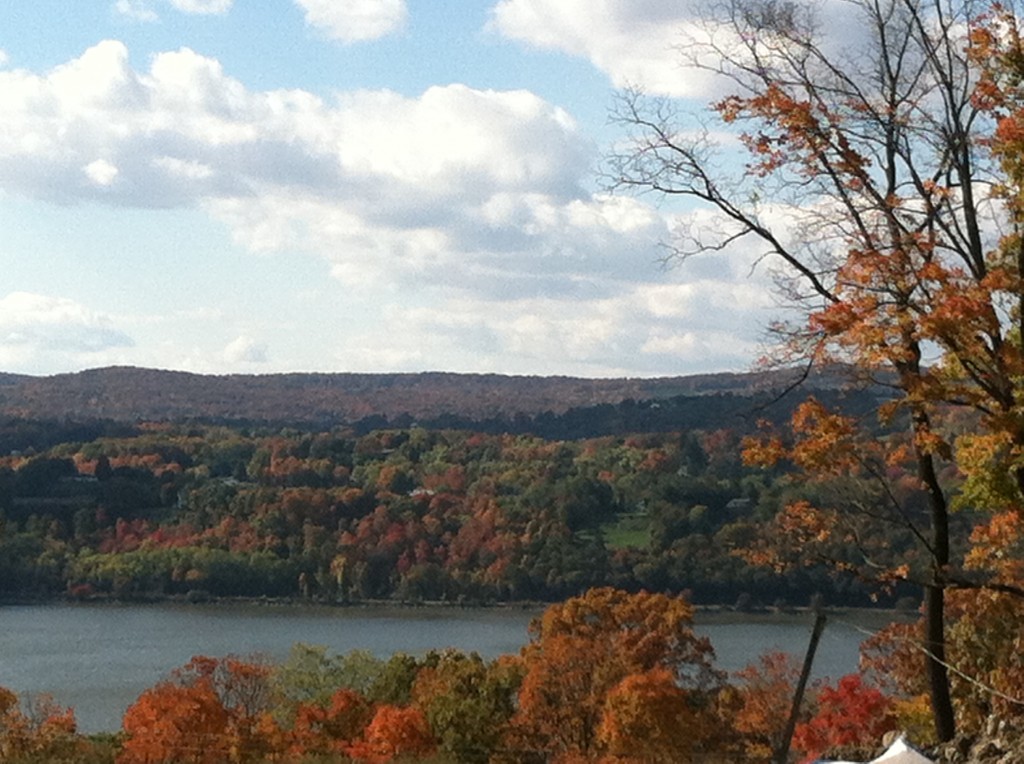It’s March 2020 and coronavirus, along with its associated illness, covid-19 (corona virus disease of 2019, has appeared on the scene in the last few weeks, overtaking headlines in the midst of a volatile presidential primary season; and inspiring widespread alarm, toilet paper hoarding, and precautionary measures — as other illnesses have done in the past (bird flu, SARS, Ebola, etc.). It might turn out to be a devastating pandemic like the Spanish flu of the early 20th century. Or it might not.
Update March 17, 2020: Last week the World Health Organization classified covid-19 as a global pandemic, a lot of people are sick (though it’s mild in most), and many people have died in Asia and Europe, though still fortunately not on the scale of the Spanish flu. A number of people have died the US, though we’re behind other parts of the word in covid-19 transmission. To try to contain it, as of this week many events have been canceled (Mingyur Rinpoche’s annual retreat in Minnesota, that I was registered for; major league basketball and March Madness, concerts, political rallies, etc.) and venues closed (Disneyland, the Metropolitain and other museums, colleges, restaurants, churches and dharma centers — including Richmond’s Ekoji Buddhist Sangha) and we are being urged to stay home as much as possible. San Francisco shut down yesterday. We don’t know yet how it will continue to develop, and if public health efforts to contain it succeed, we may never know if we contained it successfully or if it was over-hyped in the first place. That would be a good result. Meanwhile, there are ways to work with this in our practice and use it as an opportunity to prepare for whatever may befall us.
Bringing fear to the path: As dharma practitioners, we are encouraged to use all adverse circumstances — up to and including deadly illness and imminent death — to wake ourselves up by applying the practices we train in, rather than giving in to fear and panic. I’ll be adding more practices in the next week or so, but a good place to start is simply to contemplate the classic Buddhist teaching known as “the four ends”:
The end of accumulation is dispersion.
The end of building is ruin.
The end of meeting is parting.
The end of birth is death.
The four ends serve as a reminder of the inevitability that all things that exist relatively, through the coming together of causes and conditions, are destined to end. There is no way to escape it. In our culture, we tend to cope with this through denial, but behind denial lurks fear, and we can become paralyzed by our efforts to keep the things that scare us out of our conscious awareness.
Continue reading
